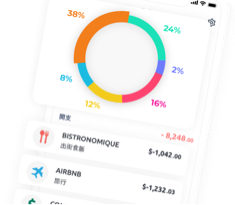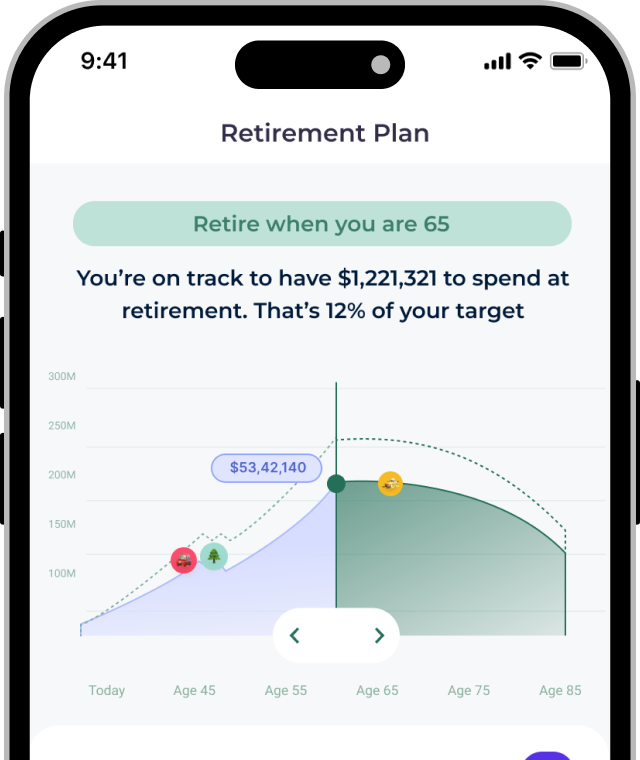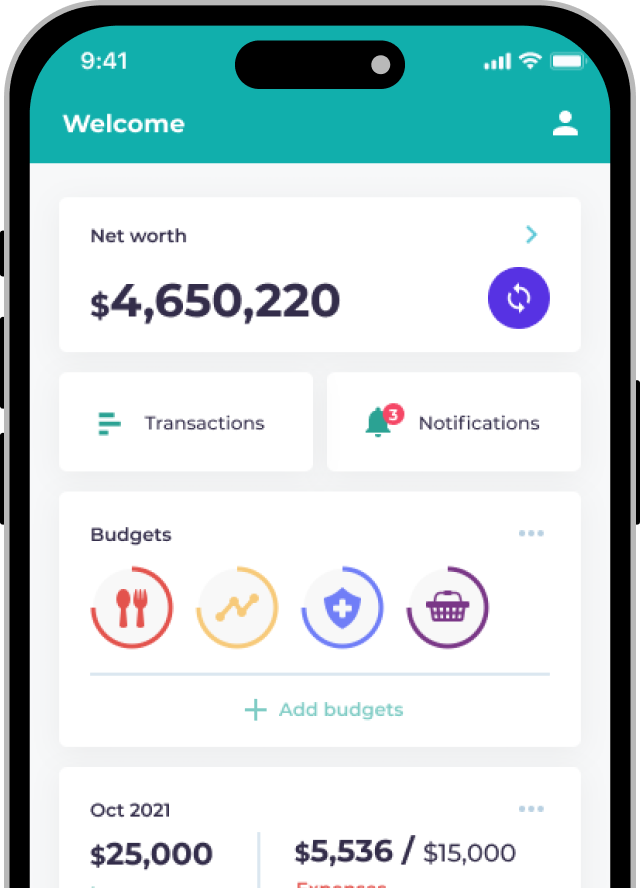Bitcoin (along with many other cryptocurrencies like Ethereum and Dogecoin) is gaining traction in 2021 as Bitcoin (or BTC) price rose above US$65,000 per 1 Bitcoin. Despite high price volatility, many retail investors are still attracted to the potential of gaining high return from trading cryptocurrencies.
In this article, we will be covering different methods of purchasing cryptocurrencies for both new and experienced retail investors.
Cryptocurrency trading platforms: A comparison of fees/welcome rewards

How to buy bitcoin in Hong Kong? A comparison between online and offline methods
Cryptocurrencies can be traded both offline and online. Many online investment platforms have grown exponentially in recent years. Investors should pay attention to factors like convenience, fees, security and storage method when choosing how they want to trade and store their cryptocurrencies. Here are a few common methods for cryptocurrency investment:
- Buy bitcoin/cryptocurrency online through an online trading platform
- Over-the-counter service by Bitcoin OTC broker or other online platforms
- Peer-to-peer offline trading
- Purchase with cash using a Bitcoin ATM
Buy bitcoin/cryptocurrency online through an online trading platform
The most convenient method is to trade online through platforms like Binance, Kikitrade, Matrixport, Crypto.com, Coinflex, AAX and many others. These platforms commonly accept bank transfer, credit card purchase and wallet transfer for fund deposit and the processing time can be as short as 1-3 business day(s). Many of such platforms (for example Kikitrade) also accept Hong Kong Dollar transfer, but investors should check each platform’s instructions carefully before making any transaction.
Credit/debit card transaction is among the most convenient ways of purchasing cryptocurrency, however the transaction fee can be as high as 5%.
Over-the-counter service by Bitcoin OTC broker or other online platforms
Over-the-counter or OTC service is provided by trading platforms or crypto exchanges in order to match buyers with sellers. How does this work?
- A seller places an order to sell on the platform
- A buyer is matched with the seller to agree on details such as volume, settlement currency and transfer method
- The platform will then freeze the seller’s cryptocurrency before the buyer make any payment
- Upon the seller’s payment confirmation, the platform will then transfer cryptocurrency from the seller into the buyer’s account
Under this method, cryptocurrency platform/exchange will act as an intermediary while also supervising the transaction. This method has lower cost and provides a certain degree of security. The platform can help in case of any dispute; but the transaction is not completely risk-free.
Peer-to-peer offline trading
Peer-to-peer or P2P method refers to a transaction between 2 parties, just like how consumers would buy second hand goods (in this case cryptocurrency) from others. How does this work?
- Two parties exchange contact through a cryptocurrency platform, social media or telegram group
- Transaction details and process are negotiated directly without supervision
- Two parties meet to conduct a transaction
P2P is a traditional method before other offline or online alternatives become popular. While the transaction is typically not supervised by an exchange, users can choose to use an escrow account or hold onto a collateral for protection.
P2P transaction requires little to no process, for example no KYC requirement. However this method also contains risk as both parties are dealing without knowing each other background. There were also past robbery incidents which happened during face-to-face transactions.
Purchase with cash using a Bitcoin ATM
Bitcoin ATMs allow investors to buy and sell bitcoin and other cryptocurrencies with one unique feature of allowing cash transactions. How does this work?
- Investors locate and visit a Bitcoin ATM
- Scan QR code to register recipient’s wallet address
- Specify your transaction (buy/sell and the volume)
- Deposit fund via cash deposit or credit card
There are many ATM providers such as Genesis Block, HK Bitcoin ATM and others. Investors can use a website like Coin ATM Rader to locate Bitcoin ATMs near them.
Safety: what are the differences between cold wallet vs hot wallet / asset custody?
In summary, cold wallet is typically disconnected from the internet while hot wallet is connected to the internet. This means hot wallet is convenient and can be accessed anytime and from anywhere, however it is also more vulnerable to online attacks.
Asset custody is also used by many cryptocurrency exchanges in order to protect their users. Under this arrangement, users’ private keys are generated and stored away in secured cold storage manged by qualified third parties.
Invest indirectly in cryptocurrency through a stock or an ETF
Retail investors who are interested in cryptocurrency but want to stick to the comfort of equity investment can opt to invest indirectly through crypto-related stocks or ETFs.
This method will allow investors to participate in the growth (or decline) of cryptocurrency while staying in the equity market / or trade directly from your existing brokerage accounts which are likely protected by investor protection fund.
Disadvantages include:
- Investors will not directly own crypto currencies, which mean they cannot enjoy some other crypto currency features like earning yield
- Cryptocurrency ETFs have fees just like any other ETFs
- Trading hours will follow the equity market although Bitcoin price fluctuates 24/7
Platform like Saxo Bank allows users to trade cryptocurrency ETFs and ETNs along with any other stocks and funds from within a single platform.
So how to best buy bitcoin in Hong Kong?
Different methods of purchasing and selling cryptocurrencies come with its own pros and cons. Investors should take into the account of factors like convenience, fees and security to find a suitable method.
US Stock and Securities Account Fee Comparison
Important information:
Investment involves risks. This information is intended to be educational and is not tailored to the investment needs of any specific investor. This information does not constitute investment advice and should not be used as the basis for any investment decision nor should it be treated as a recommendation for any investment or action. Past performance is no guarantee of future results. The value of investments and the income from them can go down as well as up, so you may not get back what you invest.


















